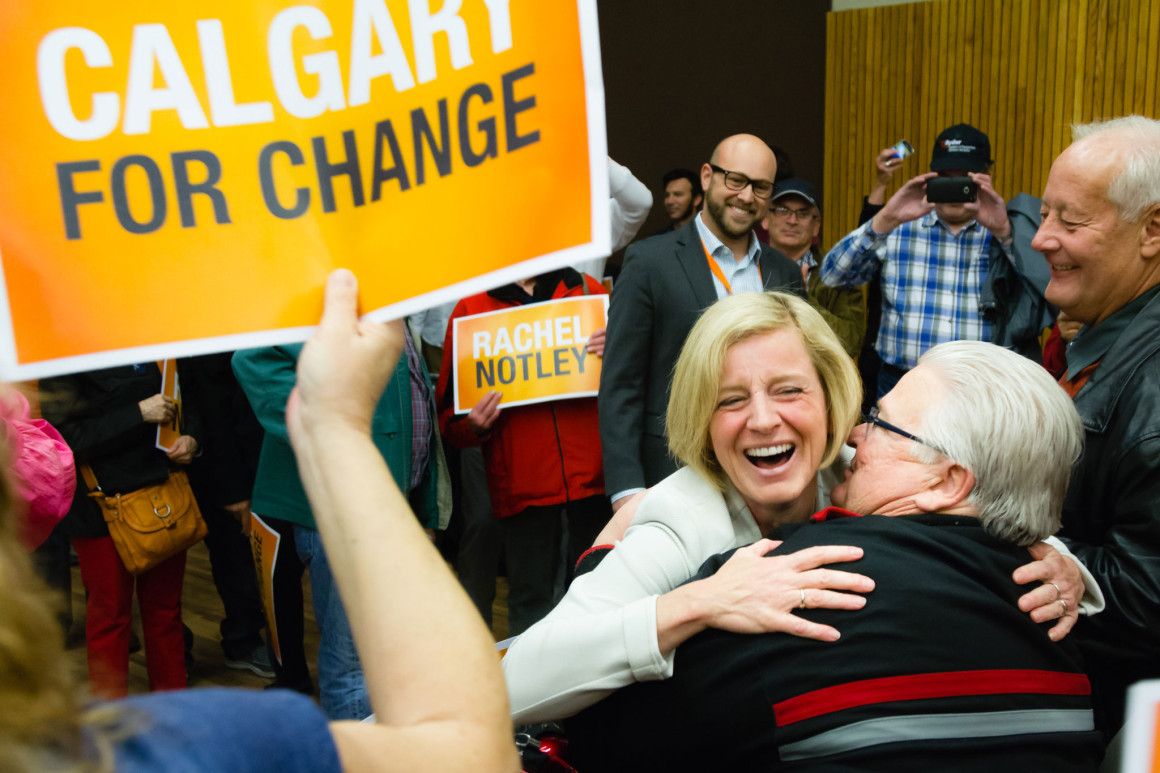
Debate over minimum wage continues as Notley is sworn in
By Fabian Mayer, May 28 2015 —
The Alberta New Democratic Party reaffirmed its intention to implement a $15 an hour provincial minimum wage last week. The promise, part of the NDP’s election platform, was celebrated by labour unions and decried as irresponsible by many businesses.
Students are one of the groups affected most by minimum wage legislation. The proposed near 50 per cent increase would give Alberta the highest minimum wage in the country. Many students work part-time during the semester to help pay for school.
The SU does not have an official stance on minimum wage legislation. Vice-president external Romy Garrido said the issue is an economic question that affects all Albertans.
“Minimum wage is such a big conversation, it goes beyond the scope of students,” Garrido said.
However, Garrido said a $15 minimum wage would positively impact students.
“Part-time jobs are really not cutting it to be able to pay your way through education. Any kind of increase in funding that goes into students’ pockets is definitely something positive,” Garrido said.
U of C economics professor Herbert Emery said it’s difficult to predict the effects of such a large increase.
“We’re in a bit of a world where we don’t actually know what the outcomes will be,” Emery said. “We don’t know how hours are going to adjust, which might off-set any benefit.”
Emery believes increasing the minimum wage won’t help society’s most disadvantaged.
“It tends not to be the best instrument for addressing poverty. Instead it tends to affect casual employment, younger workers like students,” Emery said.
He argues the focus on the topic is politically motivated.
“The fixation on the minimum wage strikes a note with the populist sentiment among the centre-left in Alberta, without actually thinking about [if] it would achieve anything,” Emery said.
Third-year computer science student Matthew Bauman works part-time at Tim Horton’s during the school year. He makes just above minimum wage and opposes the proposed increase.
“A higher minimum wage is just going to lead to problems with employers having to cut hours or maybe hire less people,” Bauman said.
Bauman is not convinced he would personally benefit from the wage hike.
“Not enough that it would matter,” Bauman said. “My wage would go up a couple dollars an hour, but I only work a few hours a week anyways.”
Emery thinks the fear of the increase hurting businesses is overblown. He worries more about how it might affect students’ ability to start their careers.
“Is the minimum wage the best policy to help young workers gain experience and get a foothold in the labour market? I just don’t think it’s a great policy for that,” Emery said.
The SU has roughly 200 employees, some of whom earn less than $15 an hour. Garrido isn’t worried about the higher wages the SU would need to pay if the NDP follows through on its promise.
“The SU pays above minimum wage to all students.” Garrido said. “We keep [wages] pretty competitive and of course with any changes in the province we would continue to keep them competitive.”
The NDP plans to gradually phase in the higher minimum wage. Any legislation on the issue will not be voted on until the fall session of the legislature.
